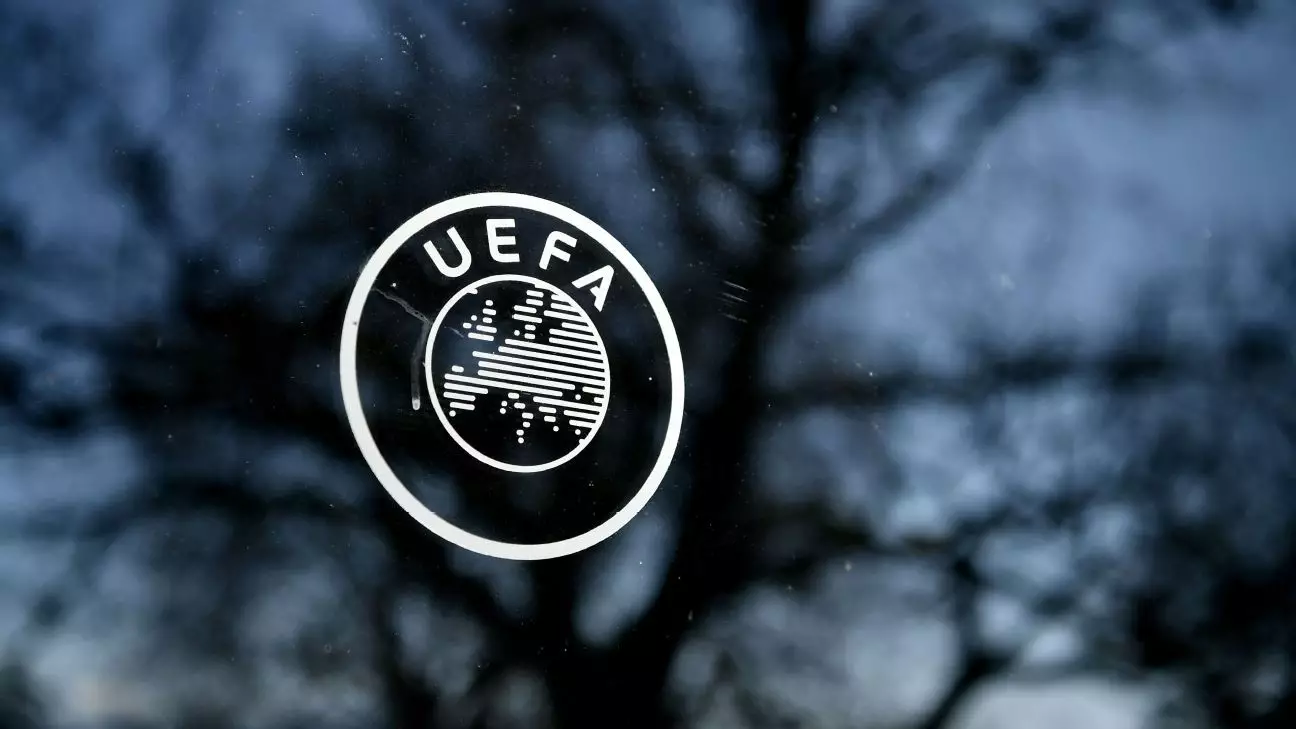Financial Fair Play regulations have been implemented in the world of soccer to ensure clubs are operating within their means and avoiding financial troubles that could threaten their long-term survival. These regulations were put in place to prevent clubs from overspending in pursuit of success, ultimately leading to bankruptcy.
UEFA introduced financial fair play regulations in response to the growing concern of clubs suffering significant financial losses. The regulations require clubs to break even over a three-year period, with allowable losses of up to £5m. However, this figure can increase to £60m if covered by club owners. The calculation includes club income, expenses such as wages and transfer fees, but does not account for infrastructure or youth training costs.
The Premier League has its own set of regulations known as PSR, which aim to ensure clubs are not recording losses greater than £105m over a three-year period. Club owners must cover £90m of losses, with the remaining £15m being club-funded. Failure to comply with these rules can result in point deductions, as seen in the case of Everton during the 2023-24 season.
Clubs that fail to adhere to financial fair play regulations can face a range of punishments from both UEFA and the Premier League. These may include fines, withholding of revenue from competitions, player registration restrictions, disqualification from competitions, and even exclusion from future tournaments. Manchester City is currently facing allegations of breaching the Premier League’s regulations.
Both UEFA and the Premier League’s financial fair play regulations are set to change after the 2024-25 season. This suggests that clubs will need to adapt to new requirements and ensure they are in compliance with the updated rules to avoid penalties. Clubs may also have the option to sign settlement agreements to address any violations and create financial plans for the future.
Financial fair play regulations serve as an important safeguard for soccer clubs, helping to maintain financial stability and prevent overspending. The impact of these regulations can be seen through the enforcement of penalties for non-compliance. It is essential for clubs to understand and adhere to these regulations to ensure the long-term sustainability and success of the sport.

Leave a Reply